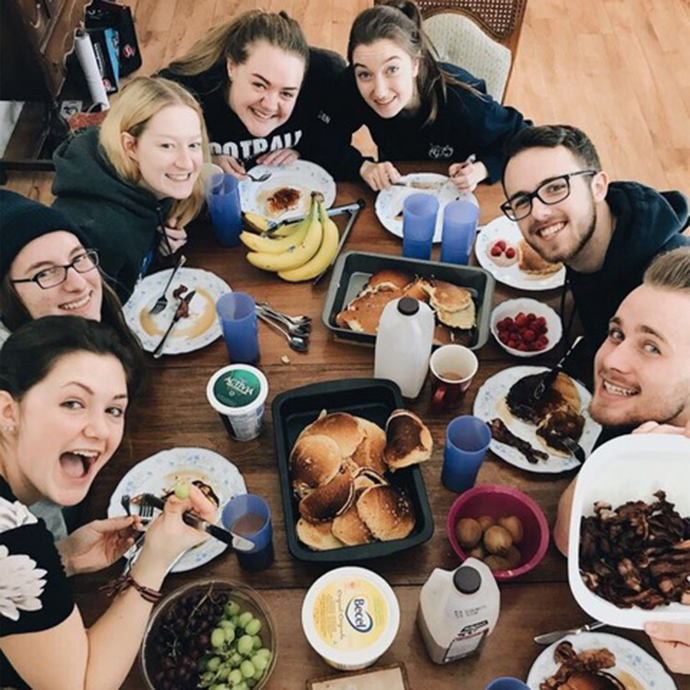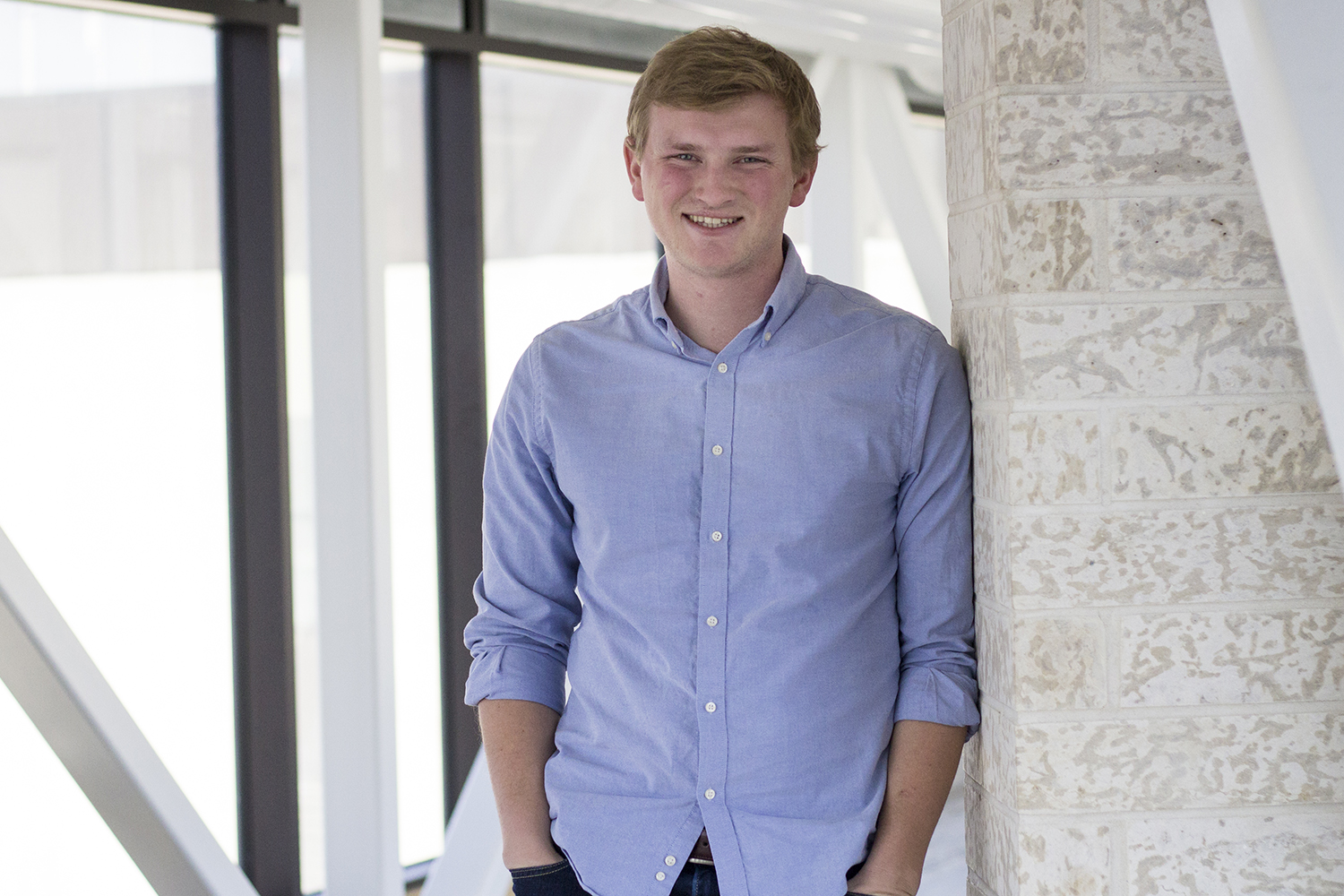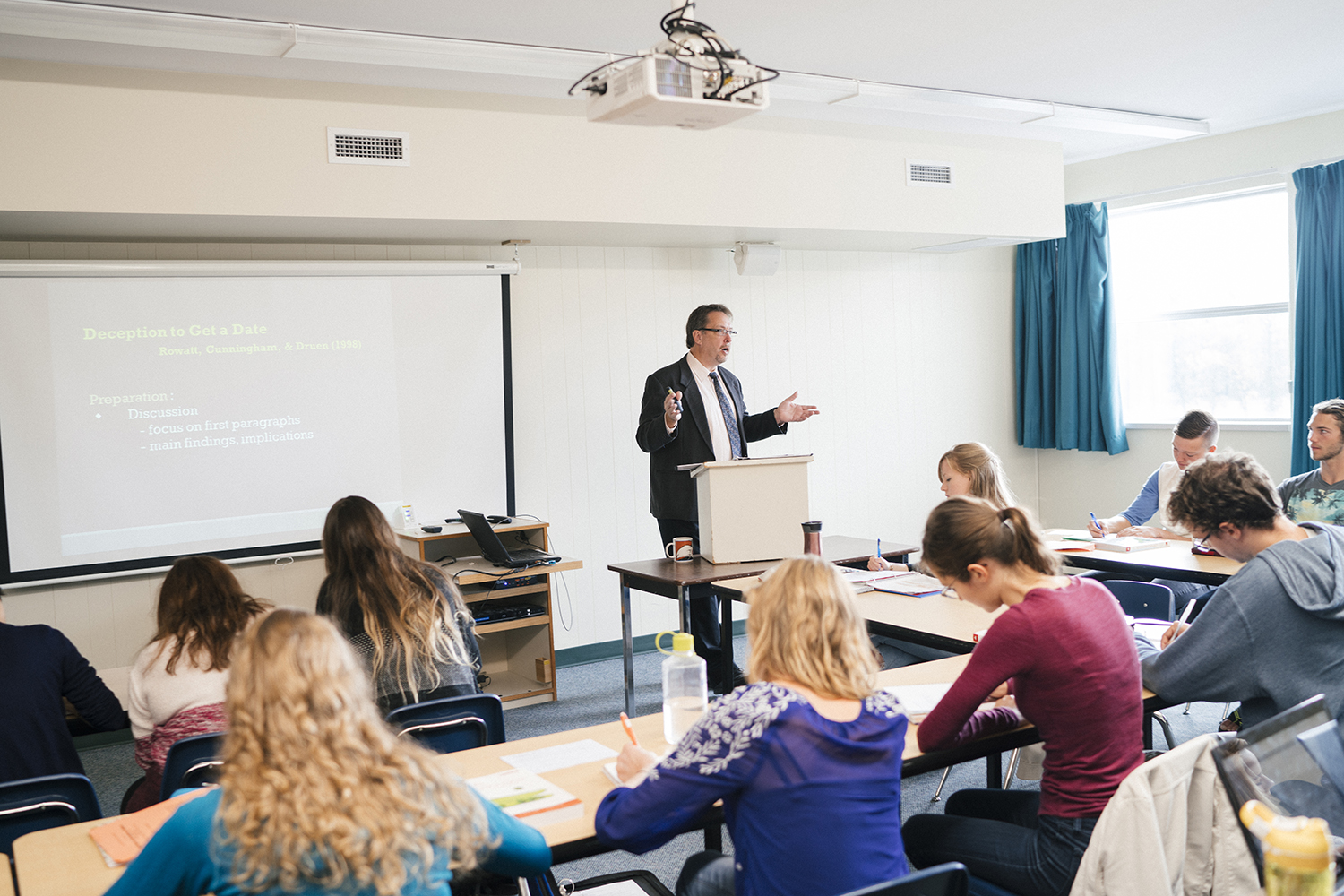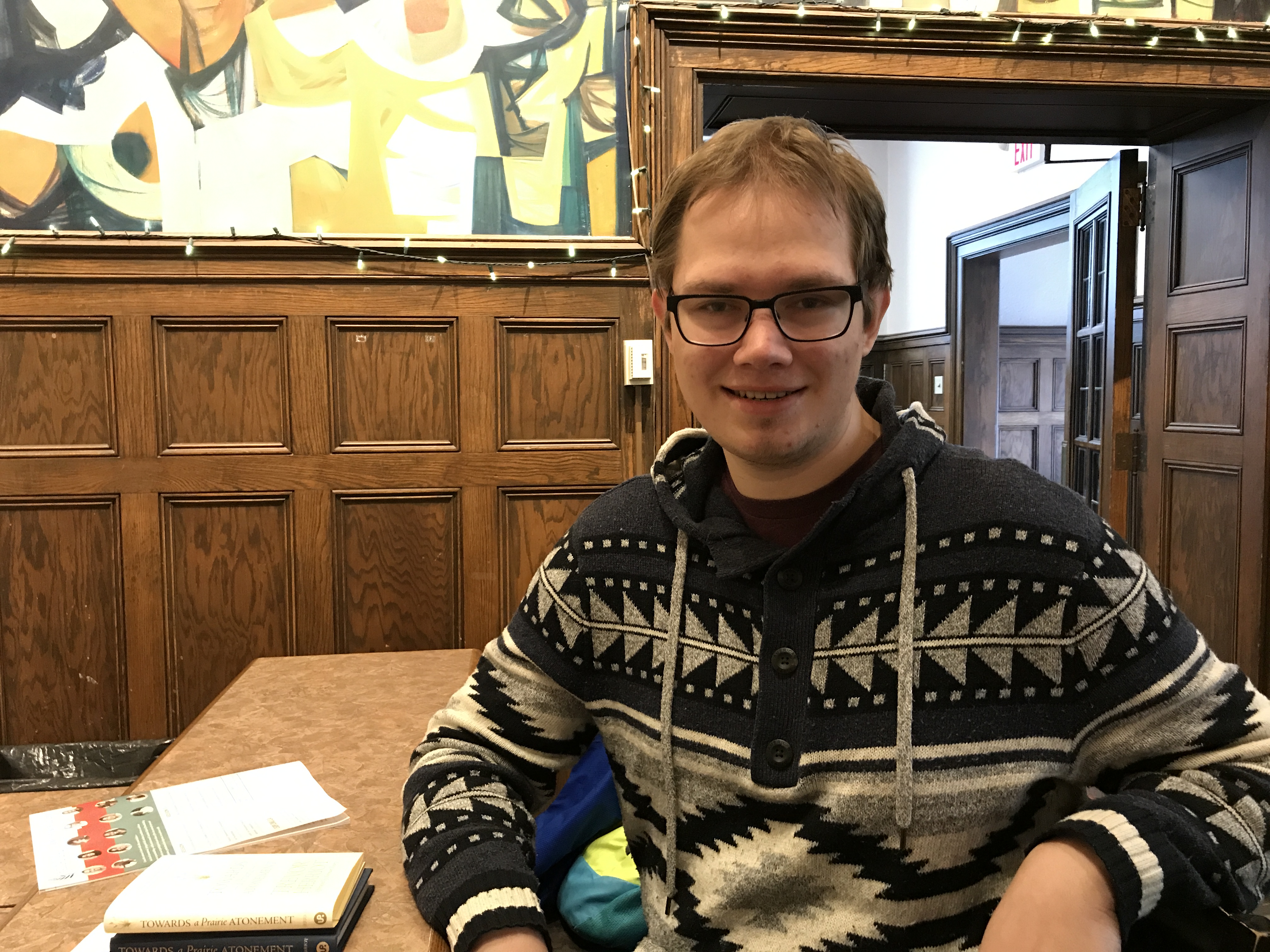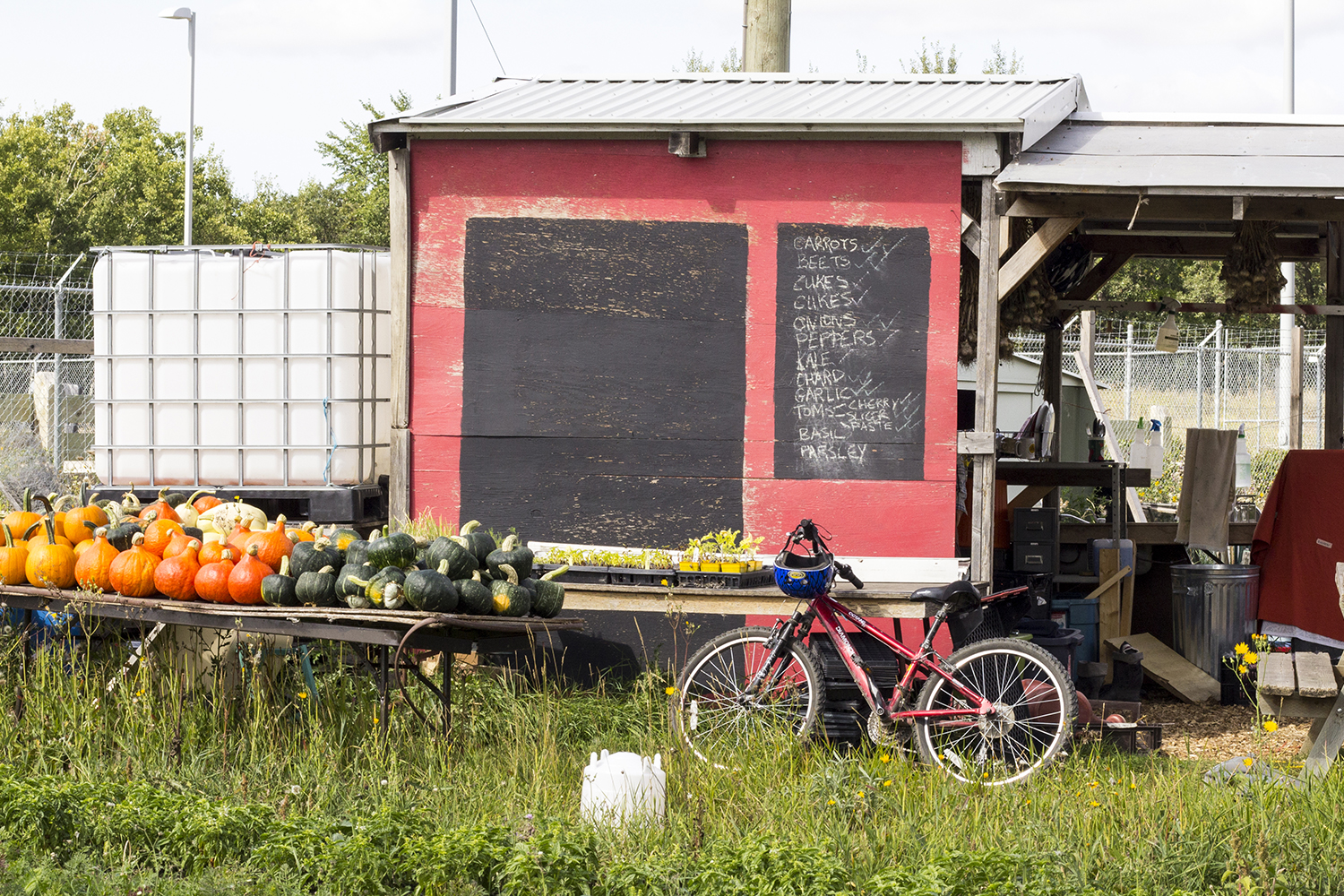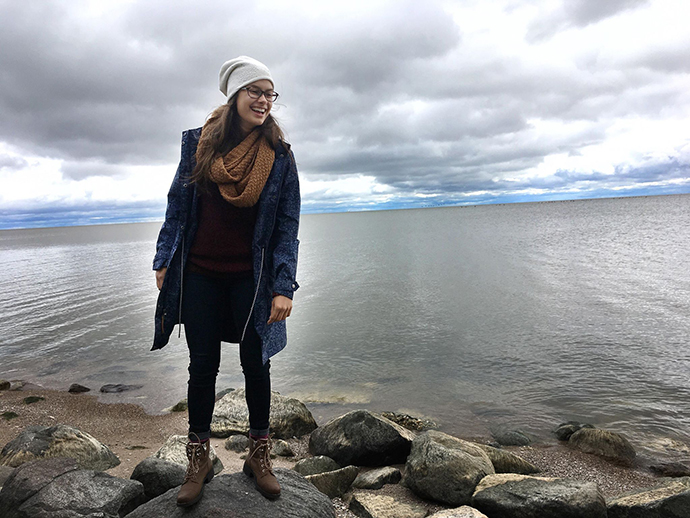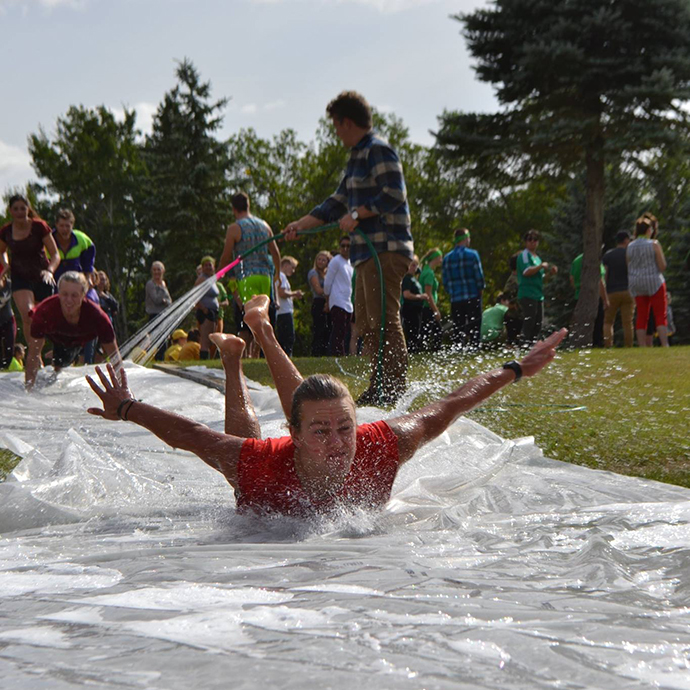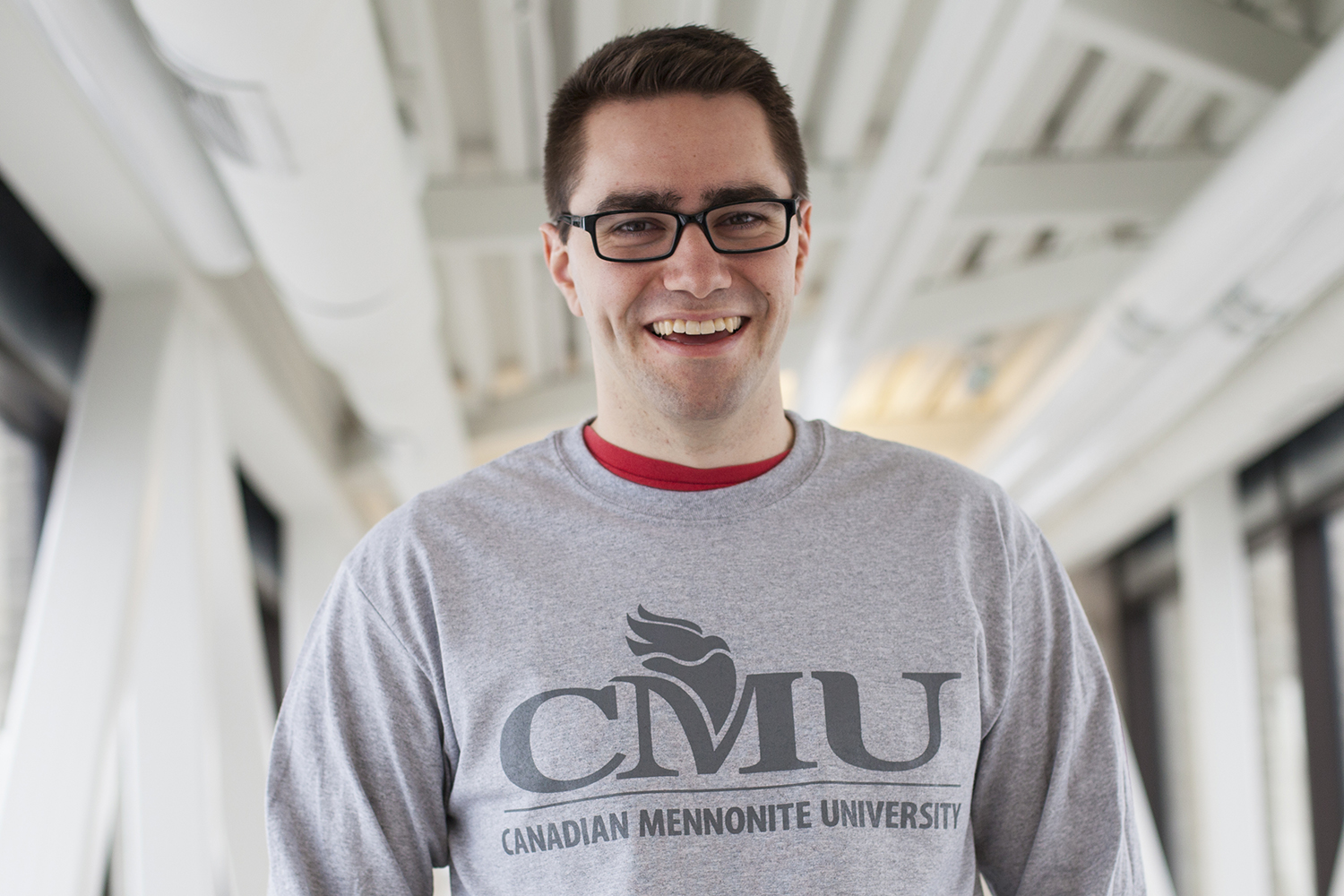
Most of us don’t like to be in vulnerable spaces. The uncertainties of those spaces leave us with butterflies fluttering around in our stomachs. Conceding power is uncomfortable. Yet CMU is a place that exemplifies and guides us into those vulnerable spaces.
Let’s start with the classroom. One of CMU’s largest selling points is the small class sizes, which allow students to interact personally with their professors. This is completely accurate, but just saying that to a prospective student at a campus visit day doesn’t fully capture the connection between professors and students.
CMU students are not only treated to professors who interact with them, but professors who make themselves vulnerable.
I still remember taking Interpersonal Communication in my second year with sociology professor Rod Reynar. The very first class, Rod told us some of his life story. Hearing about Rod’s chronic back pain caused by inflammation around his spinal cord, and how that kept him bed ridden for years sent a strong message on its own. But his actions sent a message that would set the tone for the rest of the semester. The classroom was to be a space of sharing, where personal experiences were a valuable asset to learning. How could we students not follow suit and share of our own lives as well?
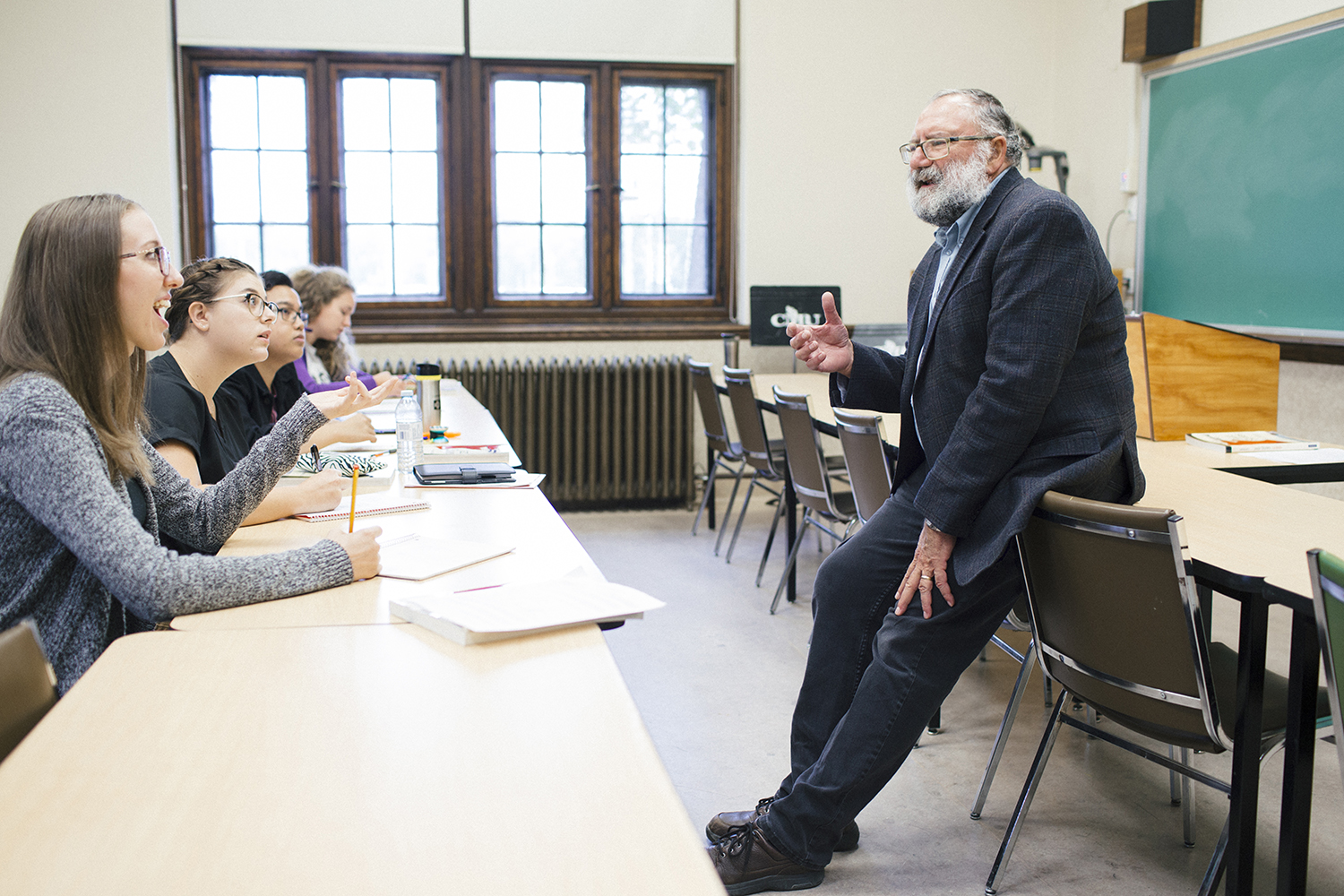
That invitation to make those kinds of connections is not isolated to a class focusing on Interpersonal Communication. It quickly becomes something we expect in the classroom at CMU no matter the course. Here, professors constantly ask students to connect what they are learning to their own lives, and to share those connections.
If you stick around CMU beyond class times, you become familiar with another place of vulnerability – the many student council events on campus, from the GOlympics, to coffee houses, to Film 60. Though these events are definitely aimed to provide student entertainment, there is something else going on in these spaces. It’s obvious when you see student Zach Stefaniuk perform at a coffee house, as he pipes up on a goofy song, and brings a room to a roar of laughter like only he can.
And then there are music students: they start out understandably timid in their first Thursday recital, and blossom into fine, expressive performers by the time their grad performance rolls around.
At coffeehouses, recitals, and everything in between, students are opening themselves up to potential praise and critique. Yet students keep signing up and showing up! They seem to like making themselves vulnerable and equally appreciate it when others do the same.
Not all acts of vulnerability are as public as the classroom or CMU events though. A space where I have seen the most vulnerability is on the volleyball team.
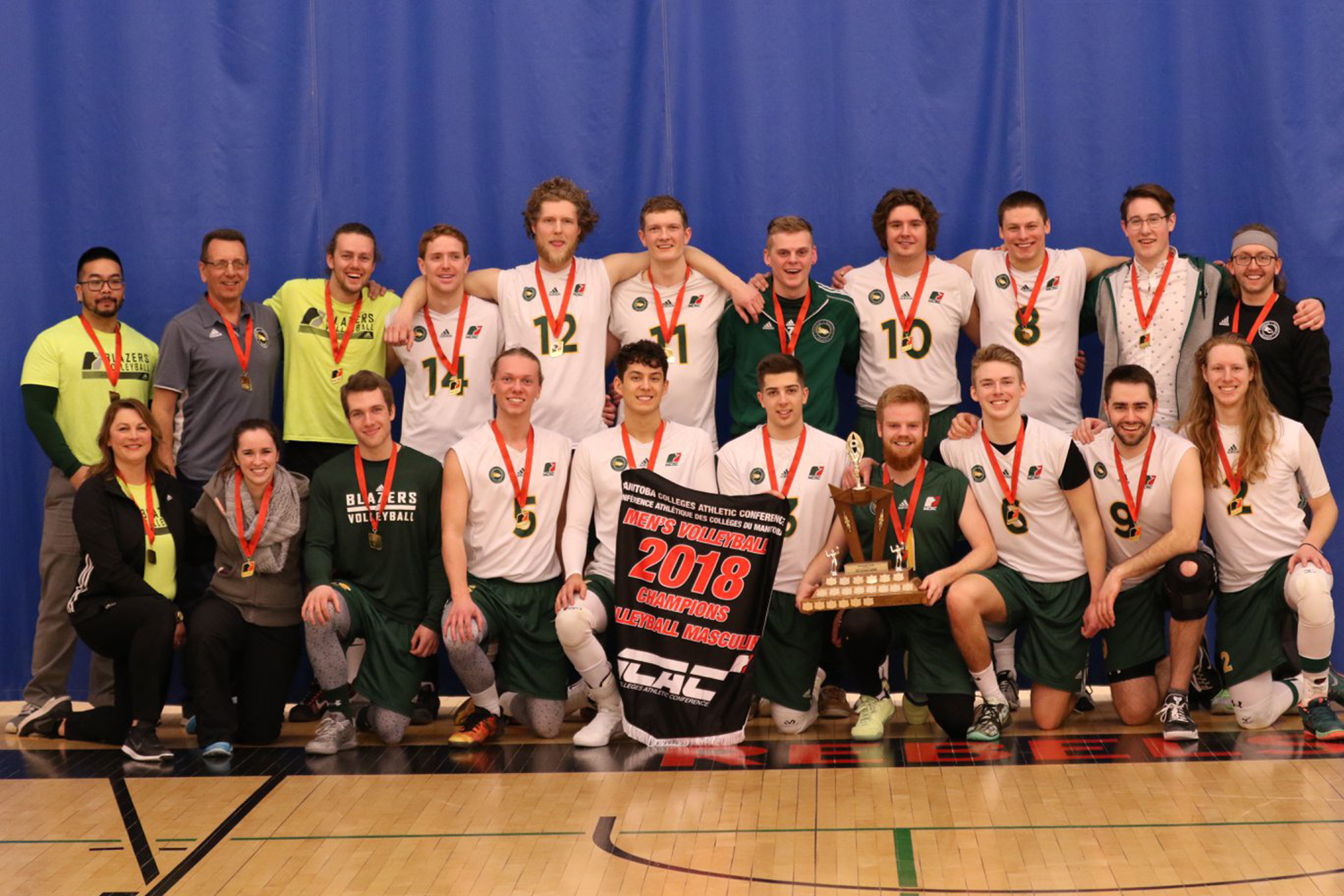
This past year, our team committed to doing weekly Bible studies. We read scripture, watched videos of athletes like MLB pitcher Clayton Kershaw and NHLer Mike Fisher tell their faith stories, and shared of our own experiences. And I know for a fact that we were not the only group of students doing this on campus.
Whether through fellowship groups or late night discussions in a residence lounge, signs of this type of vulnerability are scattered throughout campus, sometimes hidden in spaces most will never see.
What is significant about these examples is that only the first scenario involves CMU faculty or staff directly. The other examples show students choosing to put themselves in vulnerable spaces. The culture of the classrooms at CMU encourages students to be vulnerable and to walk alongside others as they do the same. This culture fosters that type of living throughout students’ lives!
We live in an age with many examples of strength associated with power and dominance. But CMU is a university that cultivates students to challenge the norm, to think critically about what we see in the world, and to draw our values from scripture rather than popular culture.
The Theologies of Power course with Irma Fast Dueck, and a reading from theologian Walter Wink’s “Facing the Myth of Redemptive Violence”, follow that trend. The belief that the ends can justify any amount of violent means surrounds us in films, TV shows, and almost every story we encounter. But not the narrative of scripture. Jesus lived a life full of courage and strength, yet none of it revolved around the type of power we are used to. Instead, he showed strength through coming to earth as a child and living a life of service, and he showed courage through sacrificing his life for us. I can think of no better examples of courage and strength, and at the same time can’t fathom any greater displays of vulnerability.
Author and theologian C.S.Lewis perhaps puts it best. “To love at all is to be vulnerable. Love anything and your heart will be wrung and possibly broken.” My hope is that as each of us branch out from CMU into the world, we would take the risk that Lewis is talking about.
We come to CMU as vulnerable newcomers, and when it comes time to leave, we will walk into many more situations that need vulnerable people. A friend of mine, accompanies her email signature with a quote that reads, “A comfort zone is a beautiful place, but nothing ever grows there.”
Are you willing to be uncomfortable? Are you willing to grow? Because that’s exactly what courage, strength, love, and vulnerability call for. Embrace that and continue to create those vulnerable spaces.
 Jason Friesen is a 2018 graduate of CMU’s Communications and Media program, and this year’s Valedictorian. He was also the lead blogger for #myCMUlife in the 2017-18 school year, and this post was adapted from his valedictory address.
Jason Friesen is a 2018 graduate of CMU’s Communications and Media program, and this year’s Valedictorian. He was also the lead blogger for #myCMUlife in the 2017-18 school year, and this post was adapted from his valedictory address.



